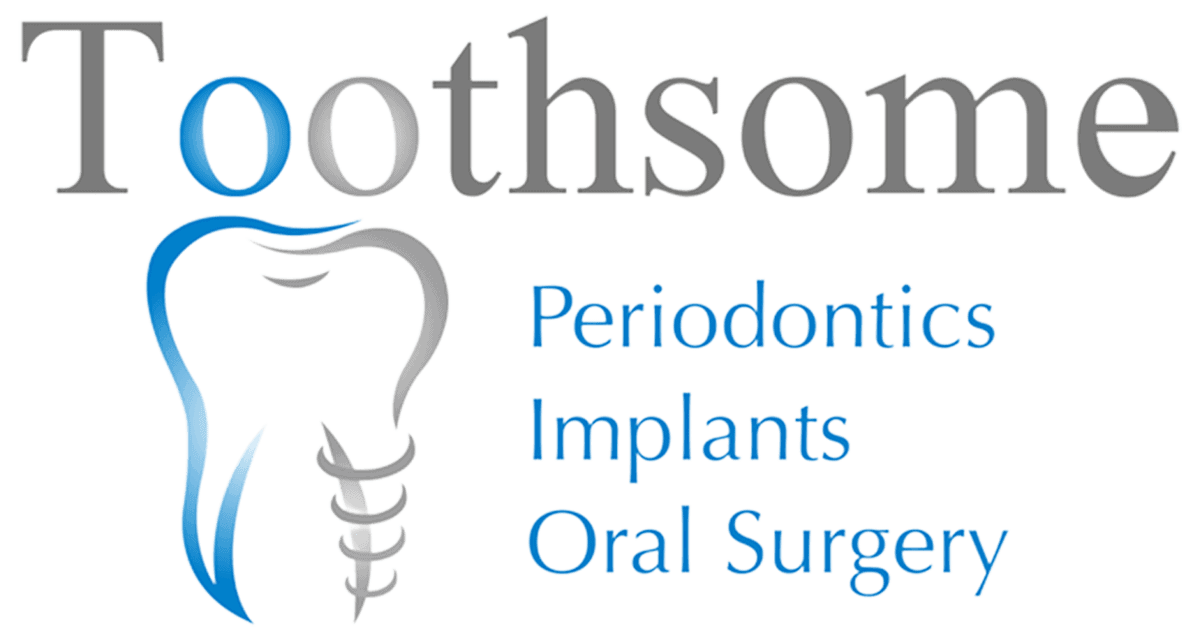
A common cause of dental discomfort is an erupting wisdom tooth. Wisdom teeth are the third molars, and the most posteriorly placed permanent teeth to erupt. Dentists generally refer to them as your third molars.
When do wisdom teeth erupt?
Wisdom teeth typically erupt between the ages of 17 and 25, but they can erupt many years later, or not at all. Most adults get all four teeth, but a small percentage may only have one, two, or three wisdom teeth.
What can go wrong?
Wisdom teeth are the last permanent teeth to develop and erupt, so they often find the oral environment overcrowded. This may mean there is inadequate space for them to break through the gums. Sometimes, they can’t break through at all, resulting in impacted wisdom teeth. They may even breakthrough part of the way and get stuck in a non-functional position.
What causes an infected wisdom tooth?
A tooth that has only partially erupted has a flap of gum tissue covering it. This makes it more challenging to brush correctly, and the flap traps food particles. If the food particles and bacteria aren’t removed, they irritate the gum tissue. The gum tissue can be further aggravated by the top teeth applying pressure to the site.
Is there a name for this type of infection?
Yes, pericoronitis is the inflammation of the soft tissues around a partially erupted tooth.
Associated conditions include dental cavities, cyst formation, and resorption of the roots of the adjacent tooth.
The prevalence of pericoronitis is reported to be more than 80% in young adults.
What are the signs of an infected wisdom tooth?
You may have pericoronitis if you experience any of these symptoms:
- Sore gums
The first symptom often experienced when someone has an infected wisdom tooth is discomfort along the gum line where the tooth is trying to breakthrough. The gum tissue becomes very tender, making it challenging to use a toothbrush or floss in this part of your mouth.
- Swelling
A wisdom tooth infection can cause the gum tissue surrounding the tooth to become inflamed.
As the infection gets worse, the swelling can extend to your lymph nodes and face.
- Fever
You may experience a fever or chills.
- Jaw discomfort
Jaw discomfort is not uncommon when wisdom teeth are trying to erupt. Your jaw may ache, you may experience muscle spasms in your jaw, and you may have difficulty closing your mouth properly. If you have an infection, the discomfort may be intense and throbbing and lead to frequent headaches.
- Foul odour and taste
Pus from the infected gum tissue may seep into your mouth. This can cause an unpleasant taste and bad breath.
- Trouble eating
Food may be unappetising due to the foul taste in your mouth. Jaw spasms, swelling, and sore gums can make eating uncomfortable especially when you are biting down.

How to manage pericoronitis
Chronic pericoronitis is associated with the normal eruption and typically lasts 3 to 4 days. It can be managed by adding interdental cleaning to your oral hygiene routine and using an antiseptic mouthwash to ease the symptoms.
A saltwater rinse is also a good option for keeping the site free from bacteria and providing infected wisdom tooth pain relief.
OTC pain relievers can help to alleviate any discomfort. Analgesic pills should be swallowed and not placed near the infection site.
If the discomfort intensifies or the symptoms persist and are accompanied by a fever and swelling, you may have acute pericoronitis and should seek immediate attention from our practice.
How is a wisdom tooth infection treated?
You must get your infected tooth treated promptly to avoid a wisdom tooth infection spreading not only throughout the mouth but possibly to other parts of your body.
We examine your mouth and take x-rays to help make a diagnosis and determine a treatment plan. Treatment of a wisdom tooth infection usually starts with cleaning the site to get rid of all the trapped food particles and bacteria.
After the cleaning, a course of antibiotics and pain relievers is prescribed, followed by minor oral surgery to remove the flap of gum tissue or a wisdom tooth extraction once the infection is resolved.
Wisdom tooth surgery
Wisdom tooth extraction is a standard dental procedure and is usually performed in an outpatient setting using conscious sedation. Or, general anaesthesia may be used depending on the severity of your case at Chatswood Private Hospital or Macquarie Street Day Surgery.
If a sufficient amount of the tooth crown is showing, you may only require a simple extraction.
Most infected partially impacted wisdom teeth require a complex extraction. This entails making a small incision in your gum. If any bone is blocking the impacted tooth, it is removed first.
If the tooth is too large or is coming in at an angle, it may be sectioned into pieces for easy removal, ensuring your comfort.
Afterwards, the incision is stitched closed and the tooth socket is packed with gauze to stem the bleeding.
Contact Us
With two state-of-the-art locations in the Sydney area, Toothsome Implants Chatswood provides a range of simple and complex oral and surgical services such as wisdom tooth extraction, dental implants, and periodontics.
If you suspect you have an infected wisdom tooth, contact us at Chatswood: (02) 8203 8786, and Baulkham Hills (02) 9158 6637 to book your consultation. You can also reach Dr Willis on (02) 9159 3728 at Macquarie Street Day Surgery.
Any surgical or invasive procedure carries risks. Before proceeding, you should seek a second opinion from an appropriately qualified health practitioner.


